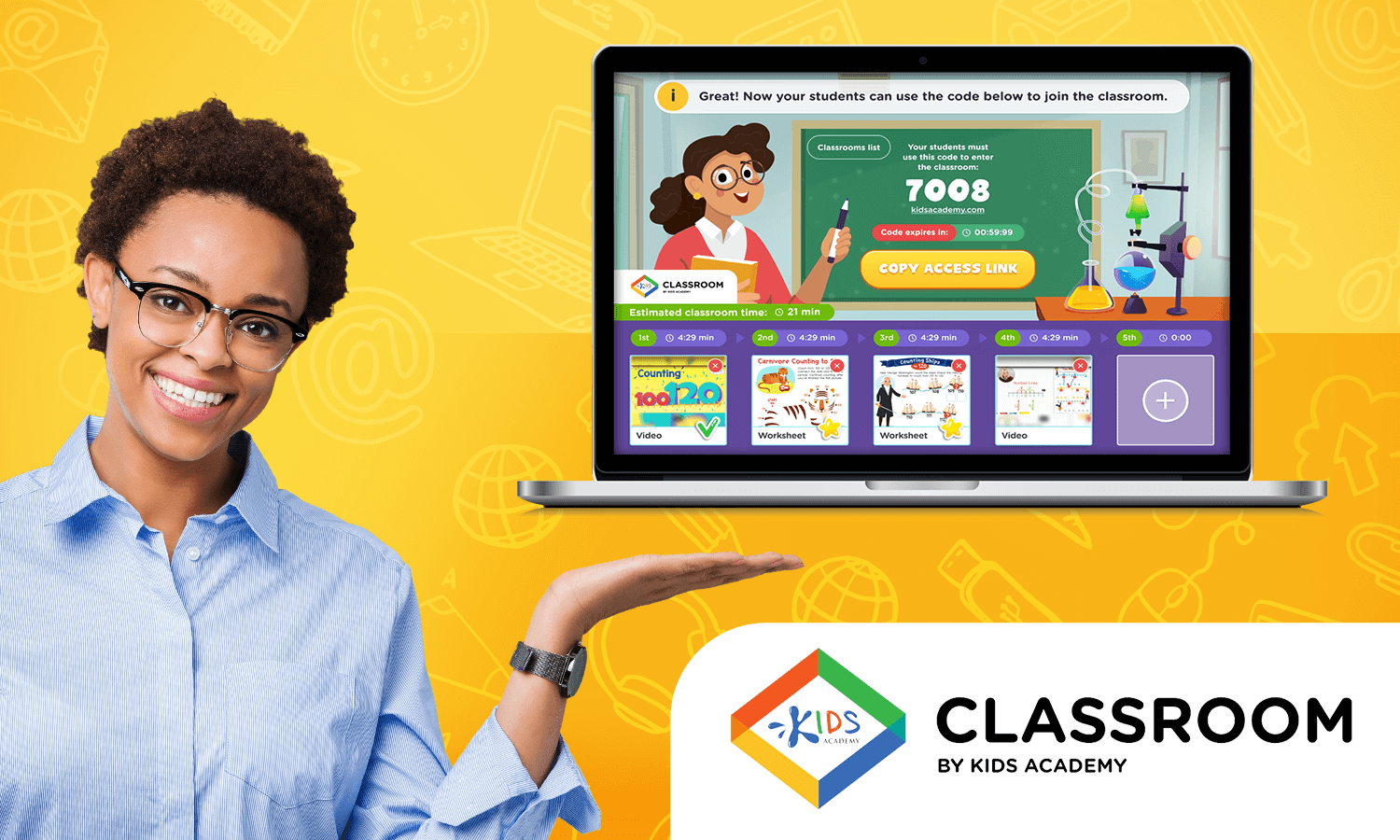Easy Alphabet worksheets activities for Ages 3-5
5 filtered results
-
From - To
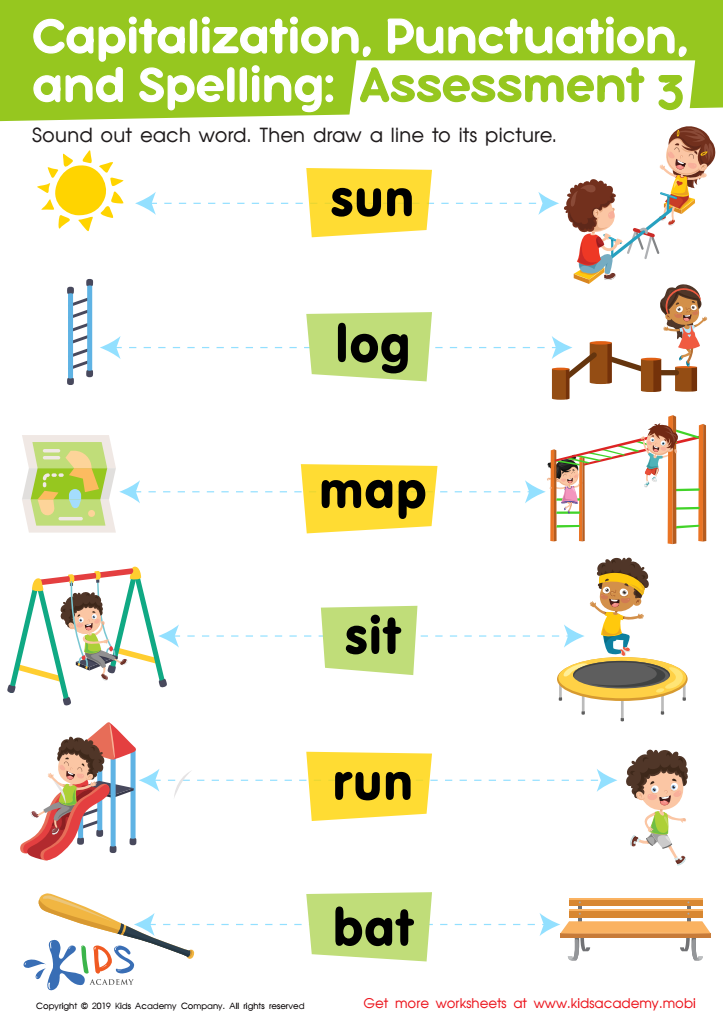

Capitalization. Punctuation. Spelling. Assessment 3 Worksheet
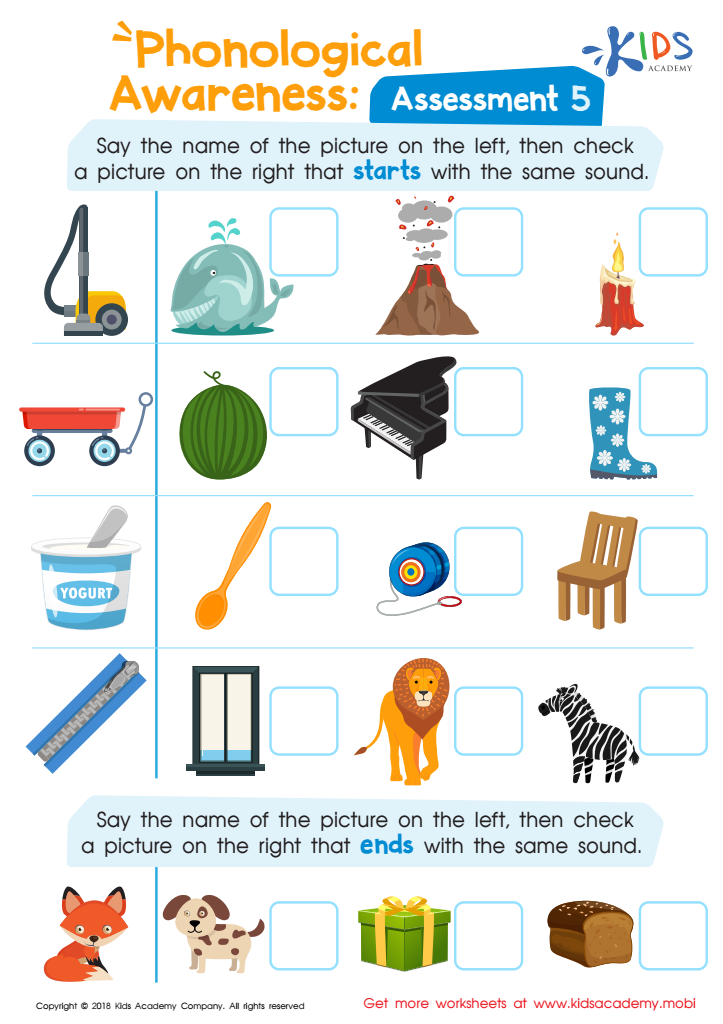

Phonological Awareness: Assessment 5 Worksheet
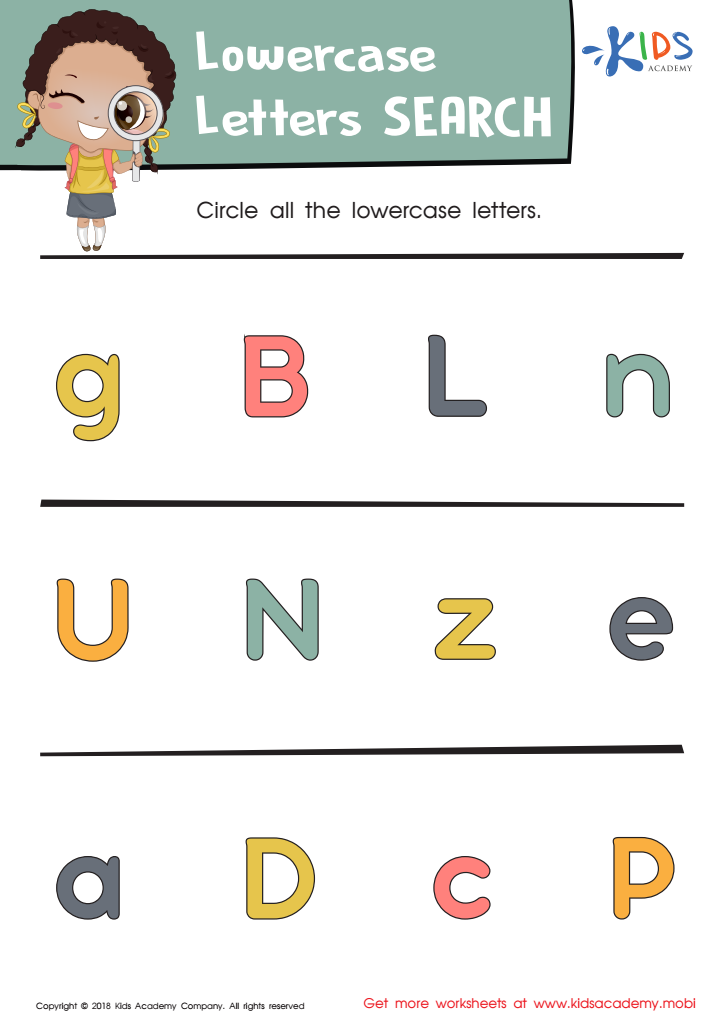

Lowercase Letters Search: Assessment Worksheet
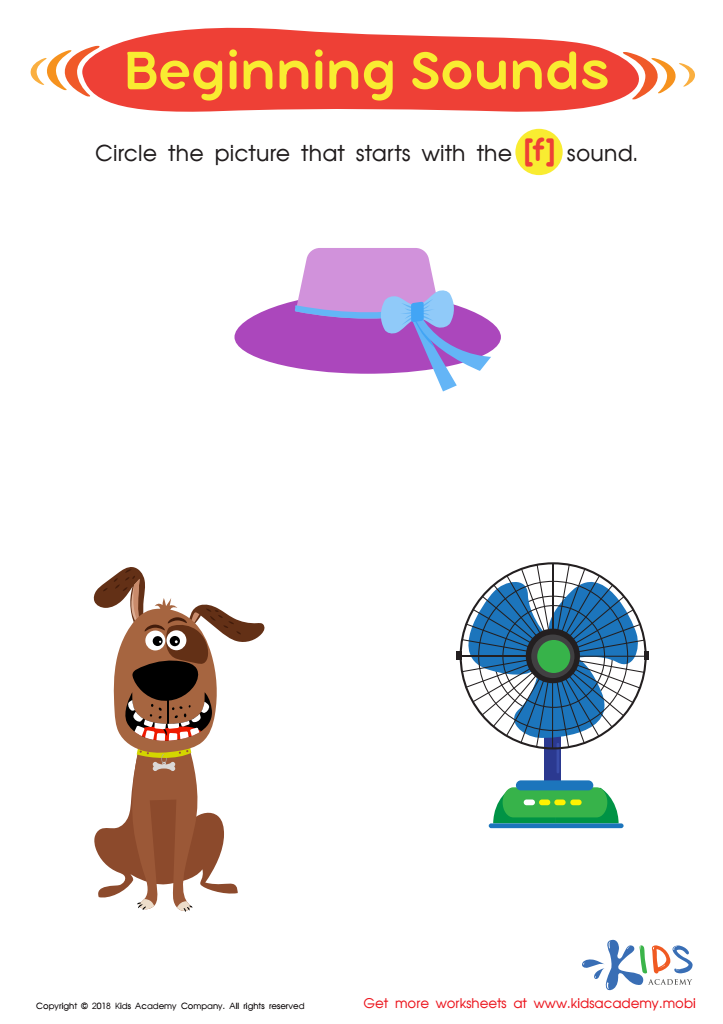

Beginning Sounds Assessment Printable
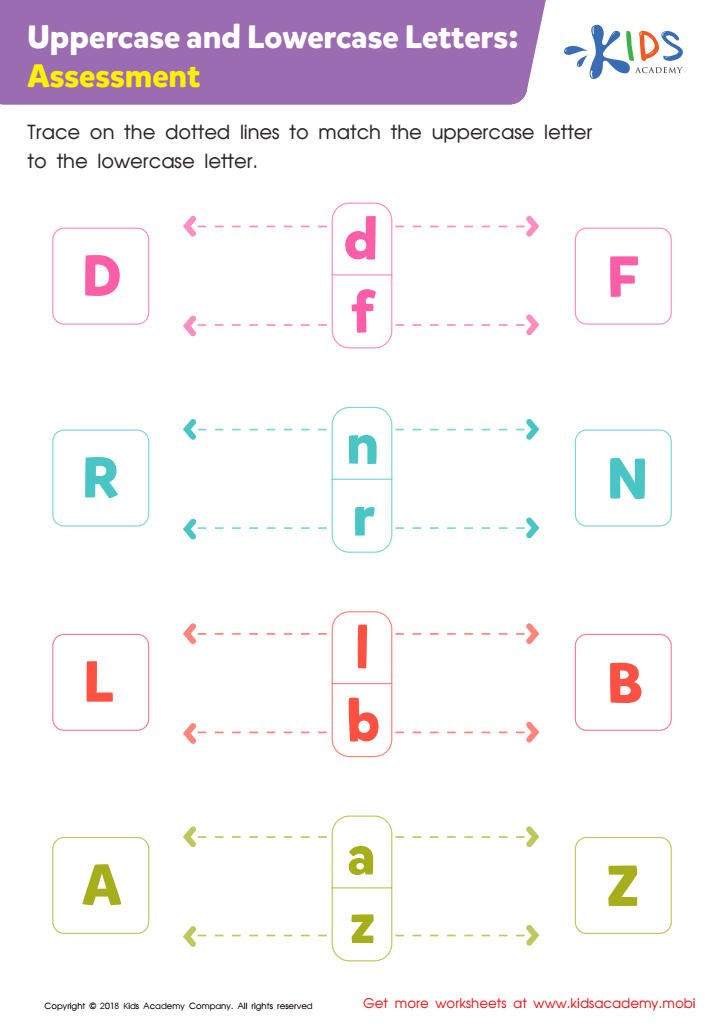

Uppercase and Lowercase Letters: Assessment Worksheet
Easy Alphabet worksheets activities stand as a fundamental cornerstone in the foundational stage of language learning for children. These activities, crafted with the objective of making learning both enjoyable and effective, serve a multitude of purposes in the educational development of young learners. Let's explore why these simple yet impactful resources are invaluable in teaching the alphabet.
Firstly, Easy Alphabet worksheets activities introduce children to the basics of reading and writing in an engaging manner. Through the use of vibrant colors, fun characters, and interactive tasks, children are more inclined to participate actively in their learning process. This not only helps in holding their attention but also enhances their ability to recognize and memorize letters effortlessly.
Moreover, these activities cater to various learning styles. Whether a child is a visual, auditory, or kinesthetic learner, Easy Alphabet worksheets offer diverse approaches to learning. From tracing letters to matching exercises and from coloring tasks to letter identification games, there is something for every kind of learner. This versatility ensures that no child feels left out and helps in fostering a positive learning environment.
In addition to promoting letter recognition, Easy Alphabet worksheets activities also aid in the development of fine motor skills. Activities such as tracing and writing letters require control and precision, which are crucial in honing a child's handwriting skills. Over time, these exercises significantly contribute to their ability to write letters and, eventually, form words and sentences.
Furthermore, the simplicity of these worksheets makes them an accessible resource for parents and educators alike. They can be easily integrated into daily learning routines, used as supplementary materials, or even as tools for revision and reinforcement of concepts already taught.
In conclusion, Easy Alphabet worksheets activities are an essential tool in the early stages of a child's educational journey. They not only make learning the alphabet fun and engaging but also support various aspects of development, from cognitive skills to fine motor abilities. By laying a strong foundation in alphabet knowledge, these activities pave the way for a smoother transition into more advanced literacy skills.

 Assign to My Students
Assign to My Students


